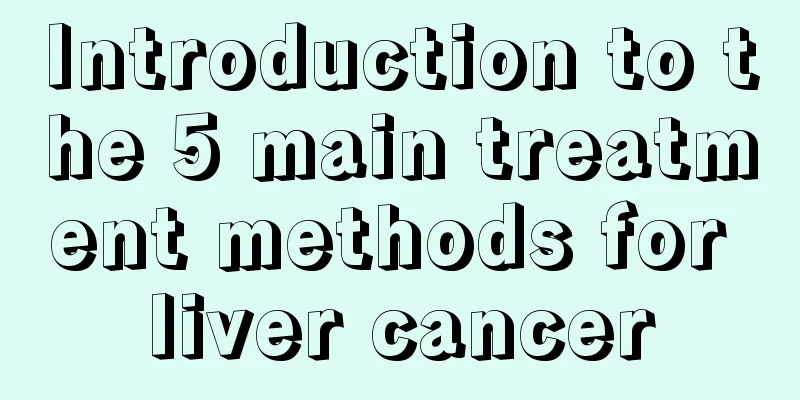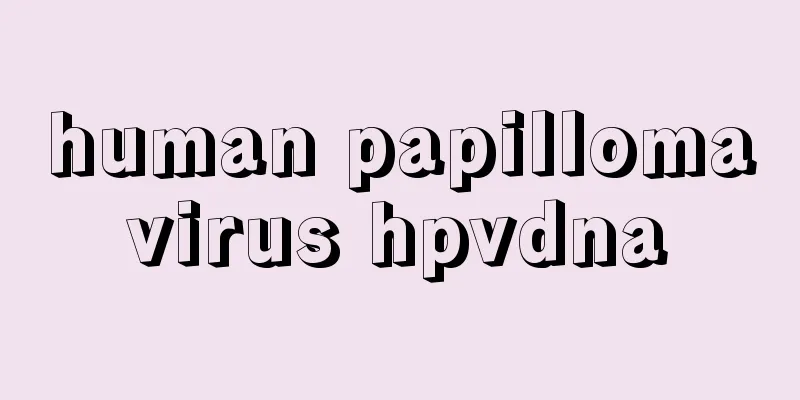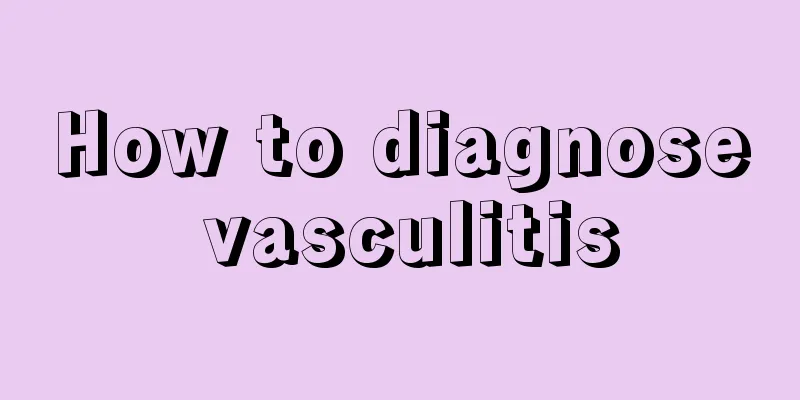Introduction to the 5 main treatment methods for liver cancer

|
There are many ways to treat liver cancer. The choice of treatment method clinically depends mainly on the patient's stage and physical condition. For patients in the early or middle and late stages who are in good physical condition, active surgical treatment is generally recommended, followed by radiotherapy and chemotherapy for best results. 1. Pure surgical treatment has certain limitations It is suitable for radical treatment of early, mid-term and localized liver cancer, and palliative treatment of late stage. Its advantages are that it can temporarily remove large cancerous lesions and has few side effects. Its disadvantages are that it is highly invasive, ineffective for metastatic lesions and cancer cells that have spread through the blood, and has certain limitations. 2. Physical ablation therapy alone is an important method for treating liver cancer It is suitable for radical treatment of early, mid-term and localized solid tumors, or minimally invasive radical treatment or tumor reduction treatment in the late stage. Through CT or B-ultrasound guidance and positioning, local anesthesia, thermal ablation or cryoablation is used to cause coagulative necrosis of the tumor. It has the characteristics of less trauma and faster recovery after surgery. The smaller the tumor, the better the effect. However, poor absorption of necrotic tumor tissue after surgery can cause infection. 3. Simple embolization therapy has strong repeatability It is suitable for palliative treatment of liver function compensation stage tumors. It is a minimally invasive treatment with strong repeatability and fast recovery after surgery. However, it is difficult to completely eliminate cancer cells, so the tumor will continue to grow for a certain period of time. 4. Chemotherapy kills both cancer cells and normal cells It is suitable for adjuvant treatment of patients after surgery, mid-to-late stage cancer, metastatic tumors and subclinical metastatic lesions. After entering the human body, chemotherapy drugs can quickly spread throughout the body through the blood, killing both local cancer cells and metastatic cancer cells. It is a systemic treatment. However, chemotherapy drugs have no specificity for killing cells. While killing cancer cells, they also kill normal cells. In addition, chemotherapy cannot completely kill cancer cells, and there is a possibility of recurrence and metastasis. 5. Radiotherapy is also an important means of cancer treatment It is suitable for local treatment after liver cancer surgery, using the focus of multiple beams of radiation to create high energy to kill cancer cells. However, the radiotherapy cycle is long, generally takes 1 to 2 months, the cost is high, and there are many complications, and even cause partial functional loss. It cannot completely eradicate cancer cells, and cancer cells will grow again within a certain period of time. |
<<: Will liver cyst develop into liver cancer?
>>: Causes of lower limb edema in liver cancer with renal metastasis
Recommend
How to make red bean bread in the oven
Many children like to eat red bean bread, which i...
How to make a freckle mask yourself?
If your facial skin tone is not good, or it appea...
What are the main early symptoms of cardiac cancer
Among the many cancer diseases, few people have h...
Symptoms of prostate cancer brain metastasis
Symptoms may vary, including headache, dizziness,...
How to treat severe hemangioma?
With the development of the times, more and more ...
Is it good to soak your feet in mugwort and ginger water?
Soaking your feet in mugwort and ginger can not o...
Experts explain common skin cancer treatments
Skin cancer is a malignant tumor that occurs freq...
What are the symptoms of rib inflammation?
The ribs are an important part of the thoracic ca...
Something that can identify the acidity and alkalinity of a solution
In modern society, people pay more and more atten...
Are uneven eyes caused by staying up late?
Many people wonder why they have uneven eyes and ...
How long can a patient with advanced liver cancer live in a coma
There is no clear answer to how long you can live...
What are the dangers of prostate cancer in men
Among male diseases, prostate disease has always ...
Can drinking coffee prevent liver cancer? To prevent liver cancer, you need to know these common sense
Coffee has a particularly strong bitter taste, wh...
How long can you live with early osteosarcoma
With the advancement of neoadjuvant chemotherapy ...
Is it better to extract the residual tooth root or not
Oral problems are becoming more and more serious ...









